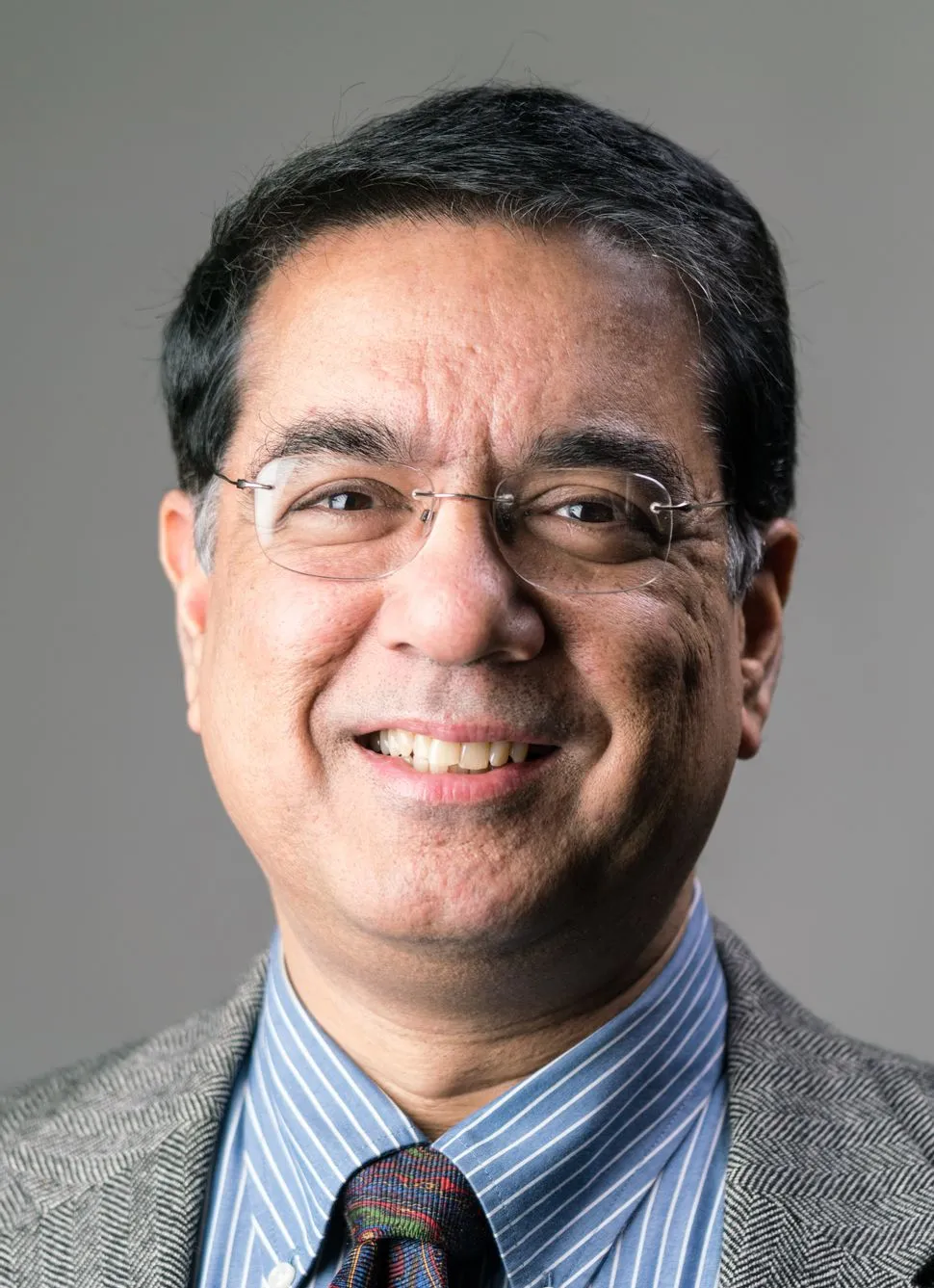 |
 |
|
Prof. Amitava Mitra
Executive Director
New Engineering Education Transformation (NEET), MIT, USA
Areas: institution building, ‘start-up’ educational initiatives, undergraduate engineering education, corporate e-learning, and distance education
|
Prof. Kinshuk
University of North Texas.
Areas: Educational technology, online and distance learning
|
 |
 |
| Prof. Nian-Shing Chen
National Yunlin University of Science and Technology
Areas: e-Learning course performance; online synchronous teaching & learning; mobile & ubiquitous learning; gesture-based learning and educational robotics
|
Prof. Chun-Yen Chang
National Taiwan Normal University.
Areas: Science Education, E-Learning, Interdisciplinary Science Learning, Science Communication
|
 |
 |
Prof. M. Cynthia Hipwell
Texas A&M University
Areas: Nanoscale Energy Transport and Tribology of small-scale devices; surface physics in and sensors and actuators for haptic and human/machine interfaces; and innovation business processes, technology and technology platforms to speed the innovation process.
|
Prof. Janet K. Allen
University of Oklahoma
Areas: Simulation based design of engineering systems; Managing uncertainty in design; Sustainability - especially in energy production; Design pedagogy
|
 |
 |
Prof. Farrokh Mistree
University of Oklahoma
Areas: Model-based realization of complex systems by managing uncertainty and complexity
|
Prof. Kim J. Hyatt
Carnegie Mellon University.
Areas: Using virtual reality (VR), artificial intelligence (AI), and machine learning to improve communication skills; interacting in a multi-user VR experience for collaboration and presentations
|
 |
Dr. Vinnie Jauhari
Microsoft Corporation India Ltd.
Areas: Programmatically managing professional development, curriculum development, certifications, and explorations around gamification of education.
|